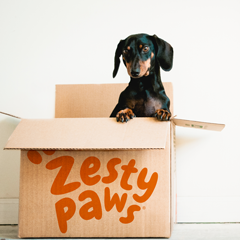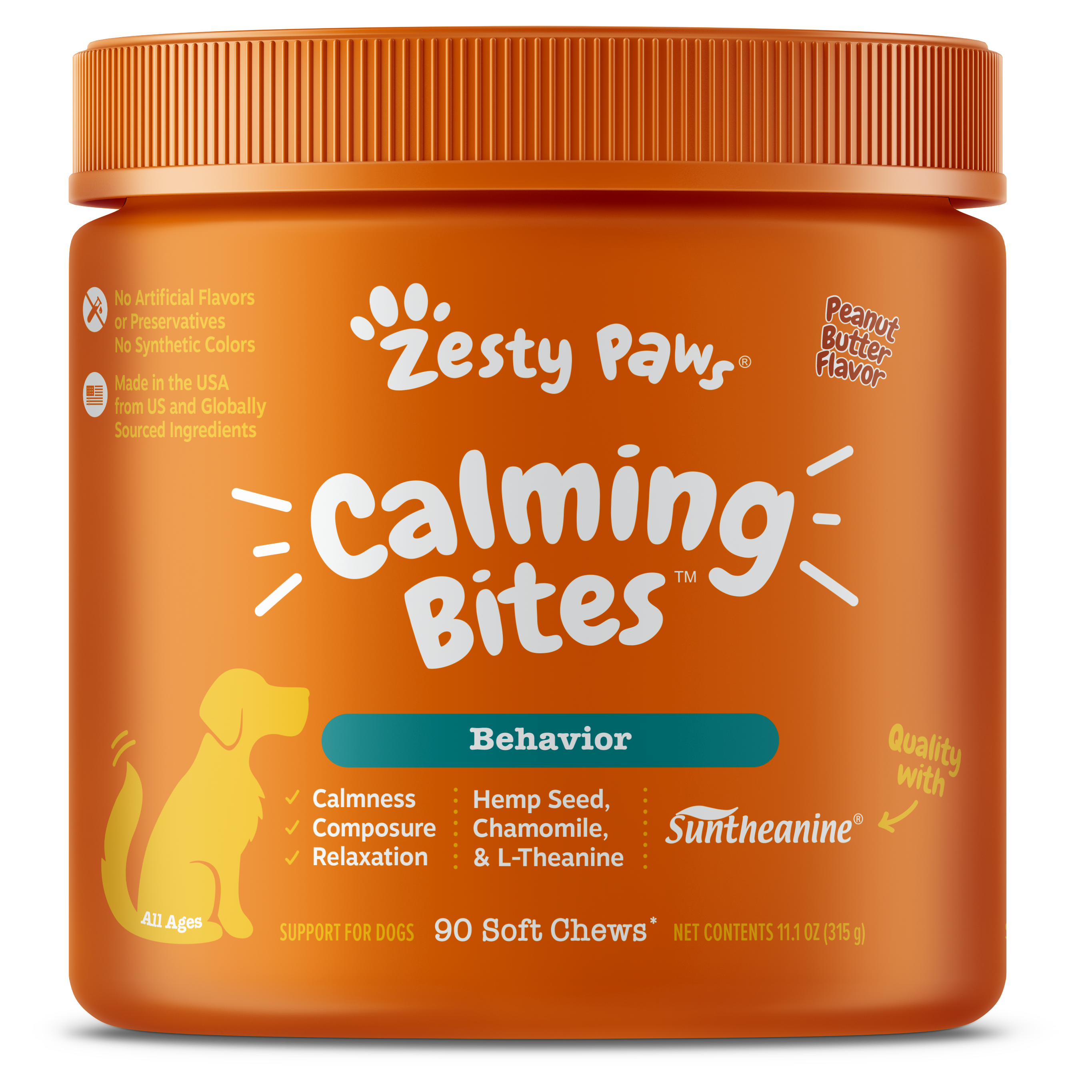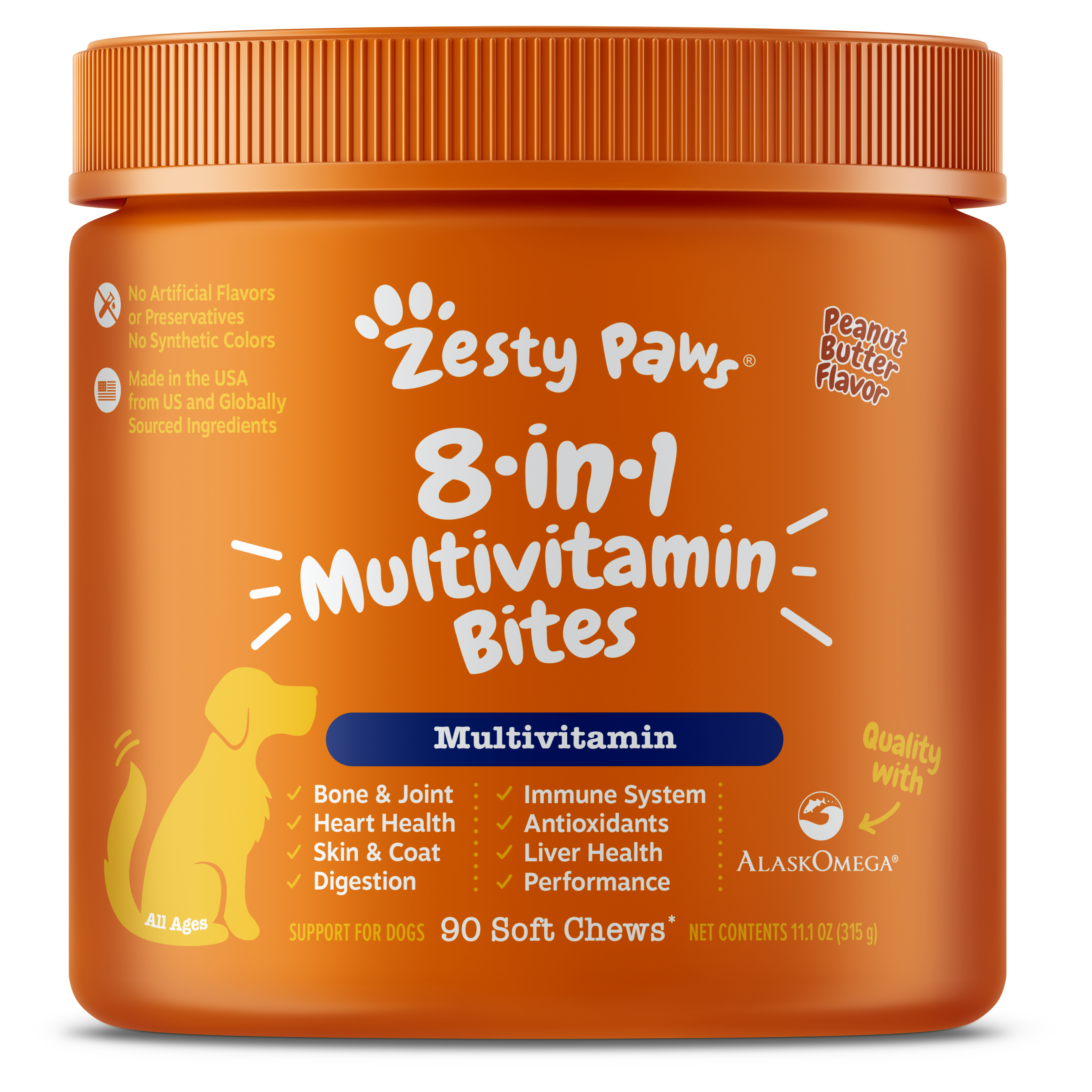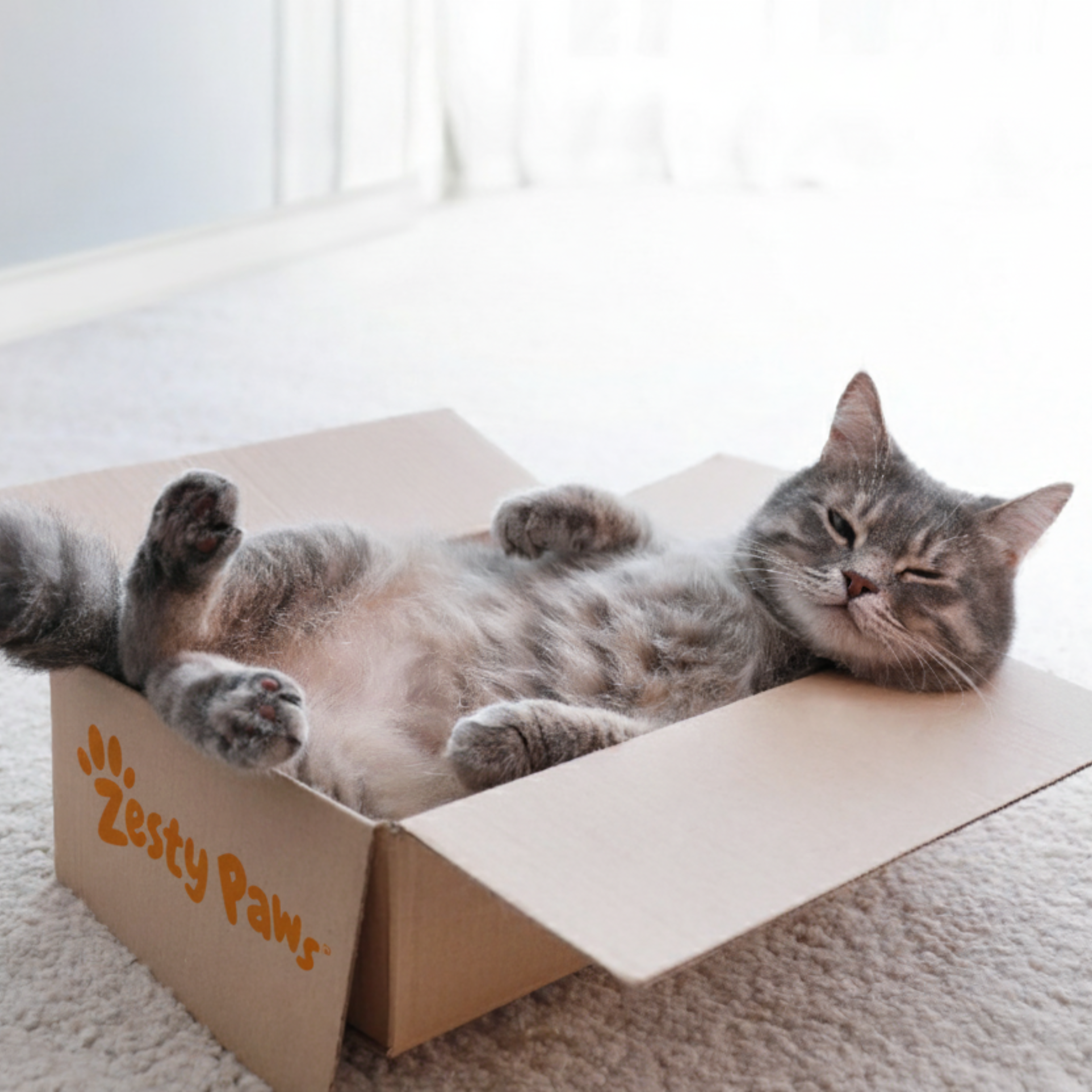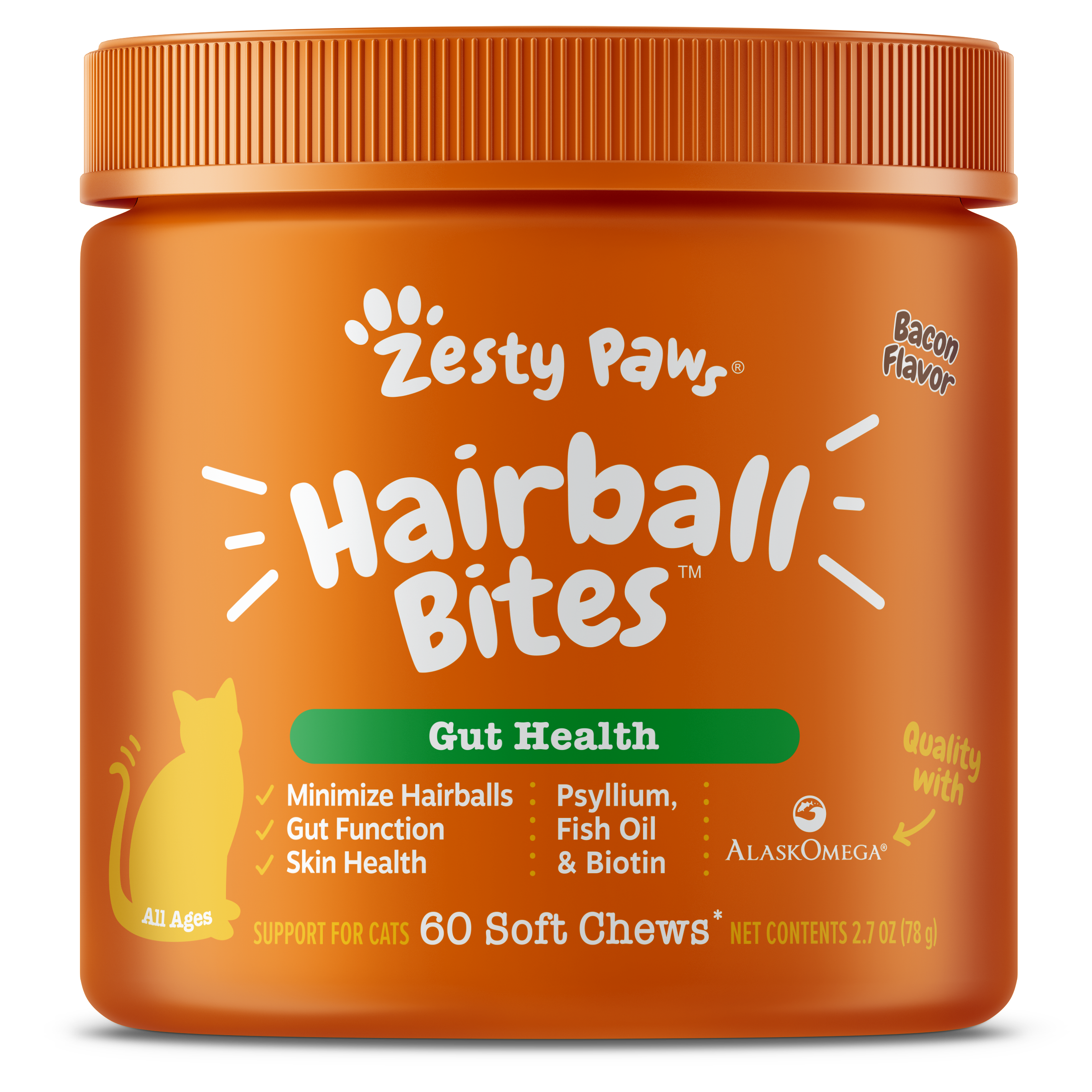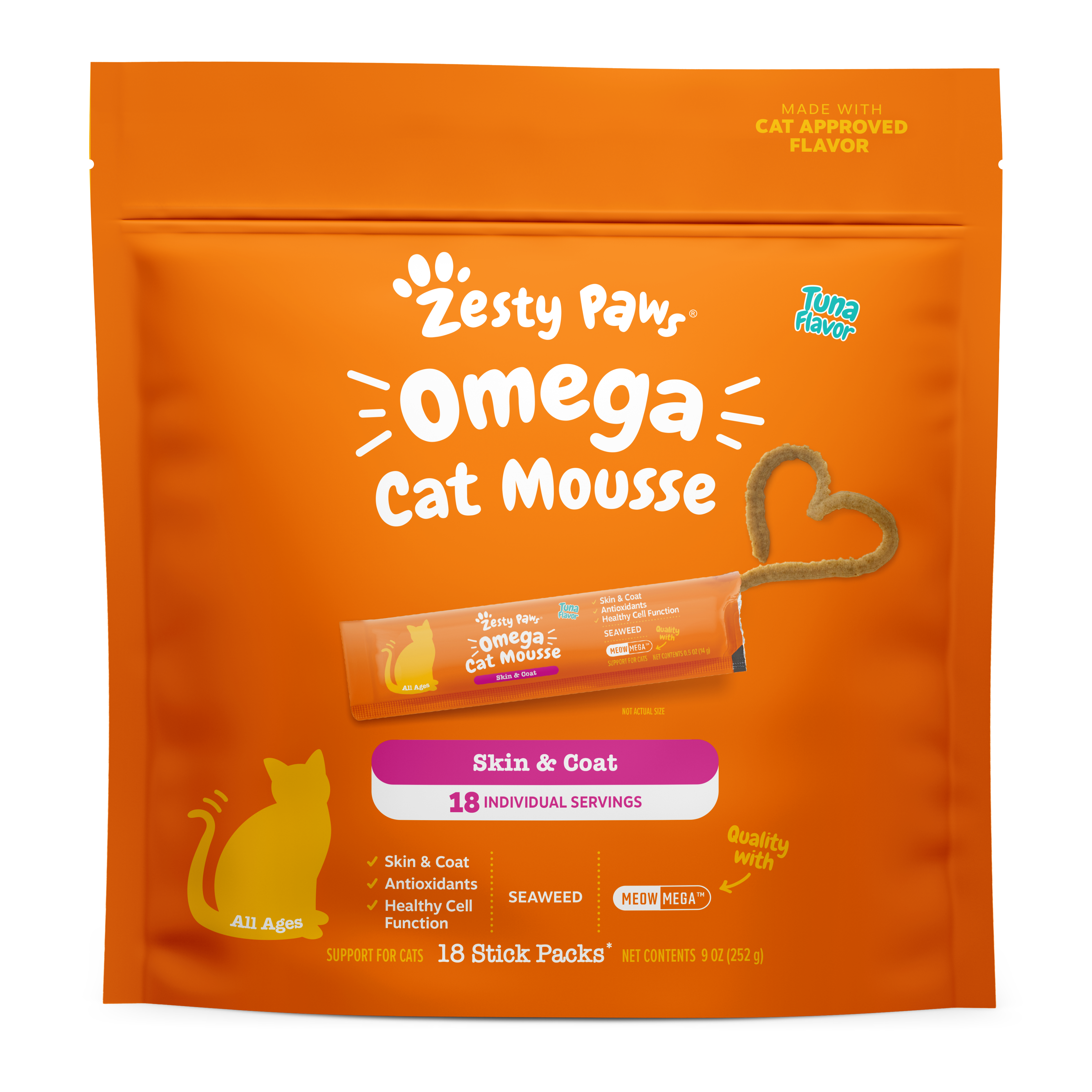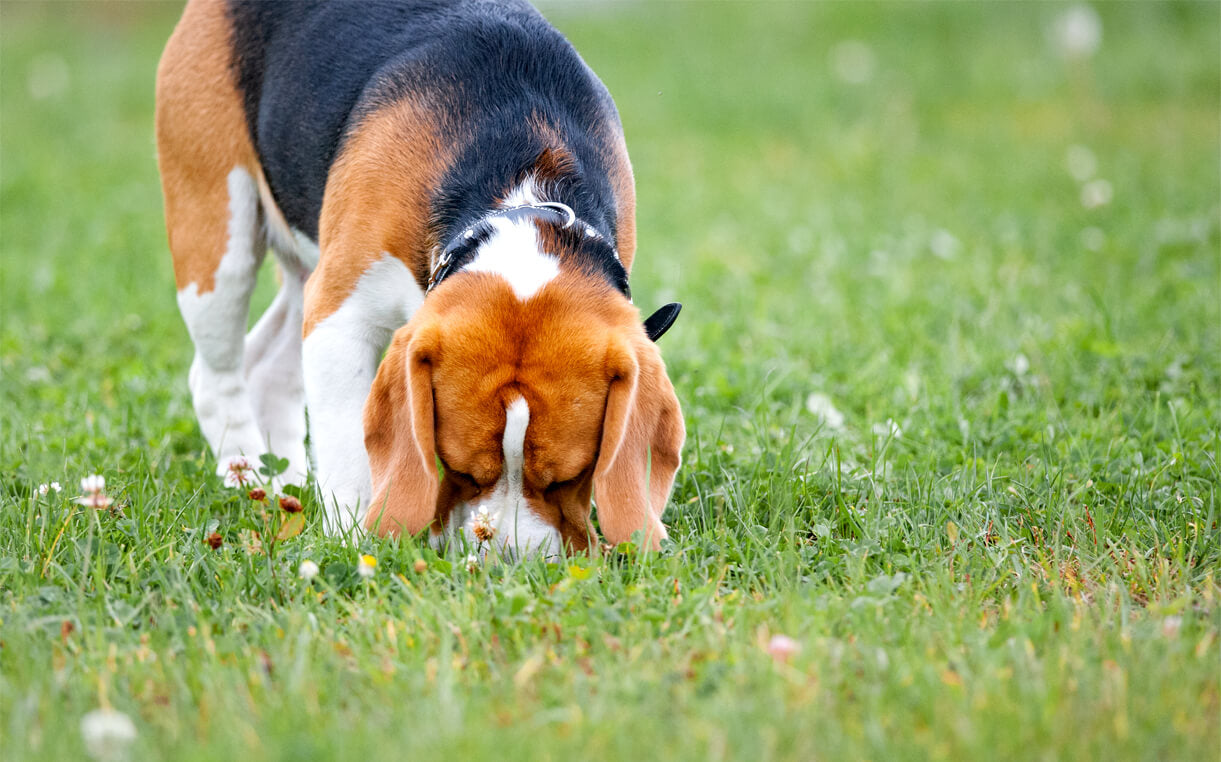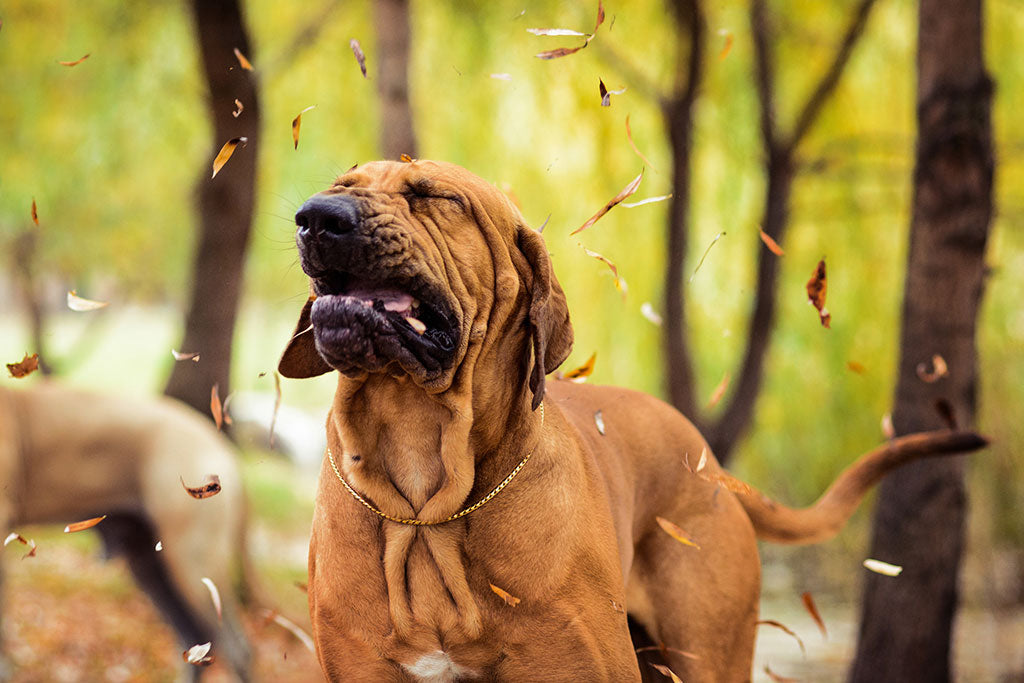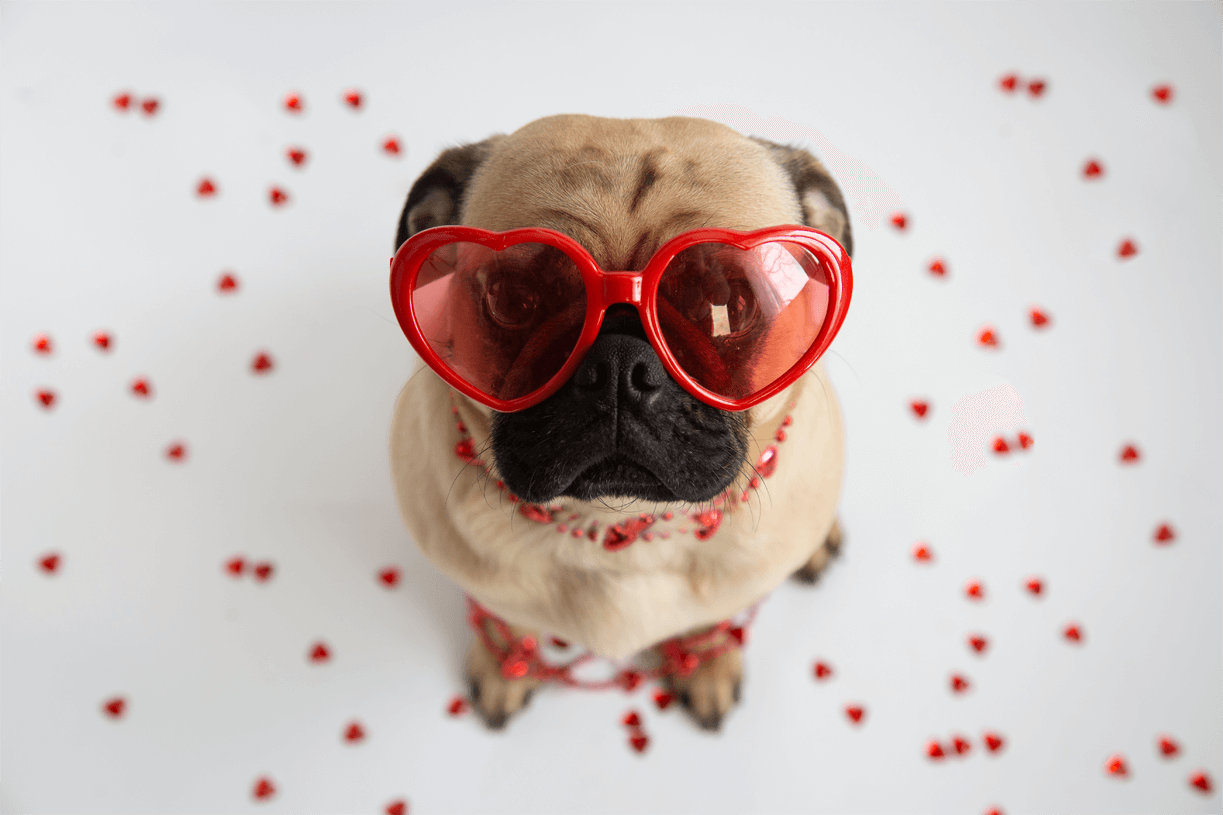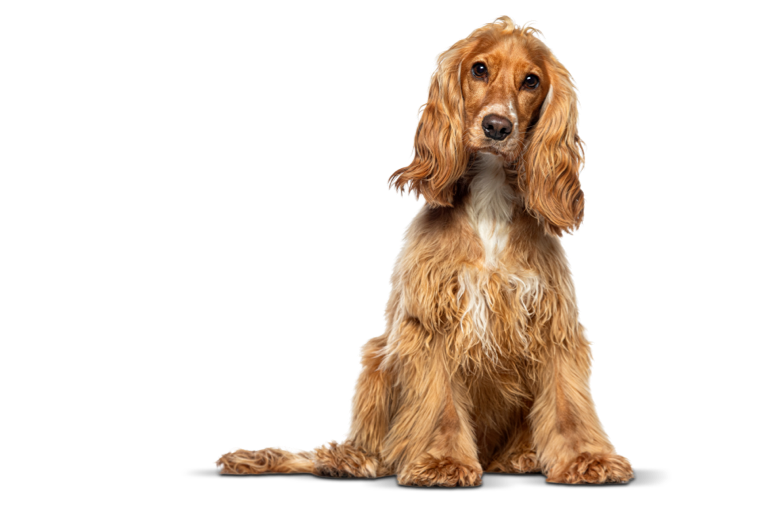Are we really going there? Well, it’s one of the most asked questions. So, in the spirit of, “You ask, we answer,” Here we go.
We know this isn’t a sweet topic, but when your dog eats his poop, it could have real health implications for your furry bestie. So, stay with us to find out WHY your precious pup may be messing around in that other pup’s poop (or their own?) and what you can do to stop it.
What’s it called when my dog eats poop?
We’re talking about something called coprophagia. No, we’re not cursing. Coprophagia is just the fancy scientific word for what happens when animals ingest feces.
Why does my dog eat poop?
One way to understand what’s going on with your dog is to check the color of said poop. Gross? Sure. But it’s effective. We even put together this handy guide to help you tell what might be happening.
And of course, you should work with your vet to investigate any medical causes for coprophagia. If a canine is eating feces, it could be because of diet deficiencies, malabsorption, or drug reactions.
It’s even possible that the reasons might be hidden in their DNA. Studies have shown that wolves did it as a means of getting rid of parasites to protect the pack. So don't be embarassed by fido's habit; it could just be that this behavior is just part of the dog’s ancient lineage.
Is my dog the only one that eats poop?
Is your dog weird? In a word, NO.
The American Kennel Club actually says it’s pretty common. Not pleasant, but not unusual. One study[1] by a vet from the University of California found that about 23 percent of dogs had eaten dog stools at least once, and about 16 percent had done so at least six times.

Will eating poop hurt my dog?
Here’s the good news: the study found that though the practice is super upsetting for dog owners, experts say that the risks of eating their own stool is relatively harmless. The risks come into play if dogs eat feces from other animals (like litter boxes or at the dog park) that may include intestinal parasites. Unfortunately, that happens fairly often. So that begs the next question…
How do I get my dog to STOP eating dung?
More good news! The study found there are things that can help and that some breeds are more likely to take part in the practice than others. (Though the data was not conclusive, this one study found that terriers and hounds showed more of a tendency toward coprophagia.)
Here are a couple of ideas to put the kibosh on this noshing. Be sure to make these changes in consultation with your veterinarian:
1. Digestive Enzymes and Probiotics: Just like humans, a healthy digestive system means a healthy pet! So when your dog has occasional diarrhea or constipation, that means that there may be something amiss in their digestive tract. The same is true if your dog is attracted to eating feces. When caring for your dog’s gut health, the key is to look for a supplement with probiotic strains of to support gut flora and enzymes to help their digestive system break down food better. Just like humans who are looking for health benefits, you need to talk to your veterinarian to decide exactly what types of pre or probiotics are best for your dog. There are many types of probiotics, so be sure to do your research.
2. Deterrents: If you were to smell something less appetizing, you’d certainly be less likely to eat it, right? Well, the same is true for dogs. So finding a daily supplement for dogs that can offer both probiotic support AND an ingredient like Capsimax® to give it a more unpleasant taste may help turn fido off the scent of his bad habit to stop dogs eating their own feces.
3. Training and maintenance: It’s obvious that you should pick up after your pooch immediately when you’re out on walks. It’s the neighborly thing to do, of course, but it also prevents eating doo-doo for your pet or other dogs that may come along and want to investigate. Some trainers also encourage dog owners to teach your dog to come get a treat immediately after eliminating – so they want to enjoy a tasty treat instead of the alternative.
We know you have lots of questions about your furry besties. We’re here to answer them, and we’ve partnered with some of the best vets in the business to answer more of them. Check back in this space as we’re planning to expand our partnership with them for more great advice about your dogs and cats. They read up about the latest research, side effects, clinical trials, and most important information for you and your Besties.
In the meantime, let us know how we can help. You can reach our friendly and knowledgeable customer service team 24 hours a day at bark@ZestyPaws.com. Rather chat? Give us a call at (800) 738-0661 from 9 a.m. to 8 p.m. EST Monday-Friday.
We’d love to have you follow us on Facebook, Instagram, Twitter or Pinterest, too! Be sure to use #ZestyPaws.
[1] https://onlinelibrary.wiley.com/doi/full/10.1002/vms3.92

